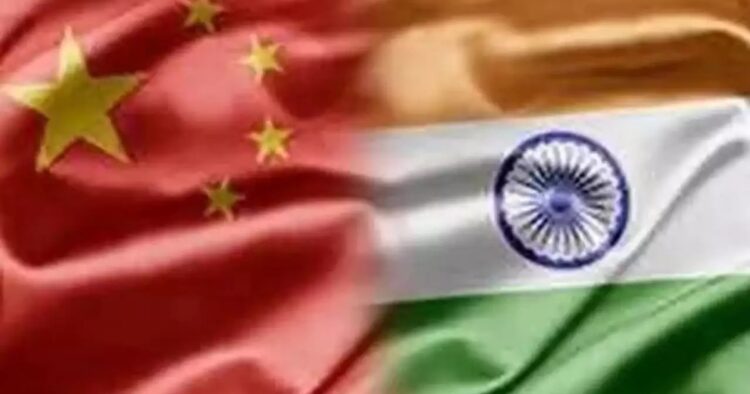After a 15-month gap without an ambassador in Bharat, China is reportedly set to appoint Xu Feihong, a seasoned diplomat who has previously served as China’s ambassador to Afghanistan and Romania. Currently, Xu holds the position of assistant minister for foreign affairs. However, the formalities for his appointment are yet to be completed, and the actual assumption of office remains uncertain.
The prolonged absence of an ambassador comes amidst strained Sino-Indian ties, largely due to lingering border issues, particularly the delayed disengagement process in eastern Ladakh. The previous Chinese ambassador to India, Sun Weidong, left his post in October 2022. The delay in appointing a new ambassador coincides with one of the most tumultuous phases in bilateral relations, triggered by the 2020 Galwan clash and China’s perceived disregard for bilateral agreements on border peace.
While both countries maintain heavy military deployments along the border, recent months have seen a lack of reported violent confrontations. However, the abnormal border situation persists, with the appointment of a new ambassador seen as a potential step towards normalization.
India, though welcoming the prospect of a new ambassador, is unlikely to anticipate an immediate significant change in the current state of relations, especially as the country approaches elections. The Indian government asserts that normalization depends on China addressing the situation in eastern Ladakh resulting from the 2020 military standoff. Foreign Minister S. Jaishankar emphasized the need for India to display perseverance and endurance in dealing with China, citing the importance of India’s strategic perception beyond the boundary issue.
In diplomatic talks with China to resolve the standoff in eastern Ladakh, India maintains that progress in the relationship is contingent on maintaining peace and tranquility at the border. China, however, contends that the border issue should not impede bilateral relations, highlighting instances of disengagement at four locations in eastern Ladakh. Nevertheless, stalemates persist in places like Depsang and Demchok. The two sides have engaged in 20 rounds of corps commander-level meetings, focusing on resolving remaining issues and ensuring peace on the ground in the interim.

















Comments